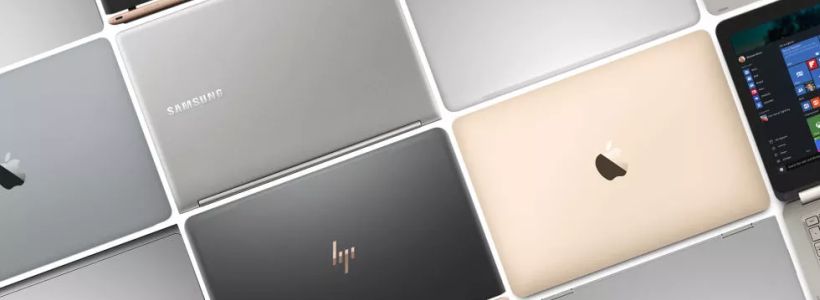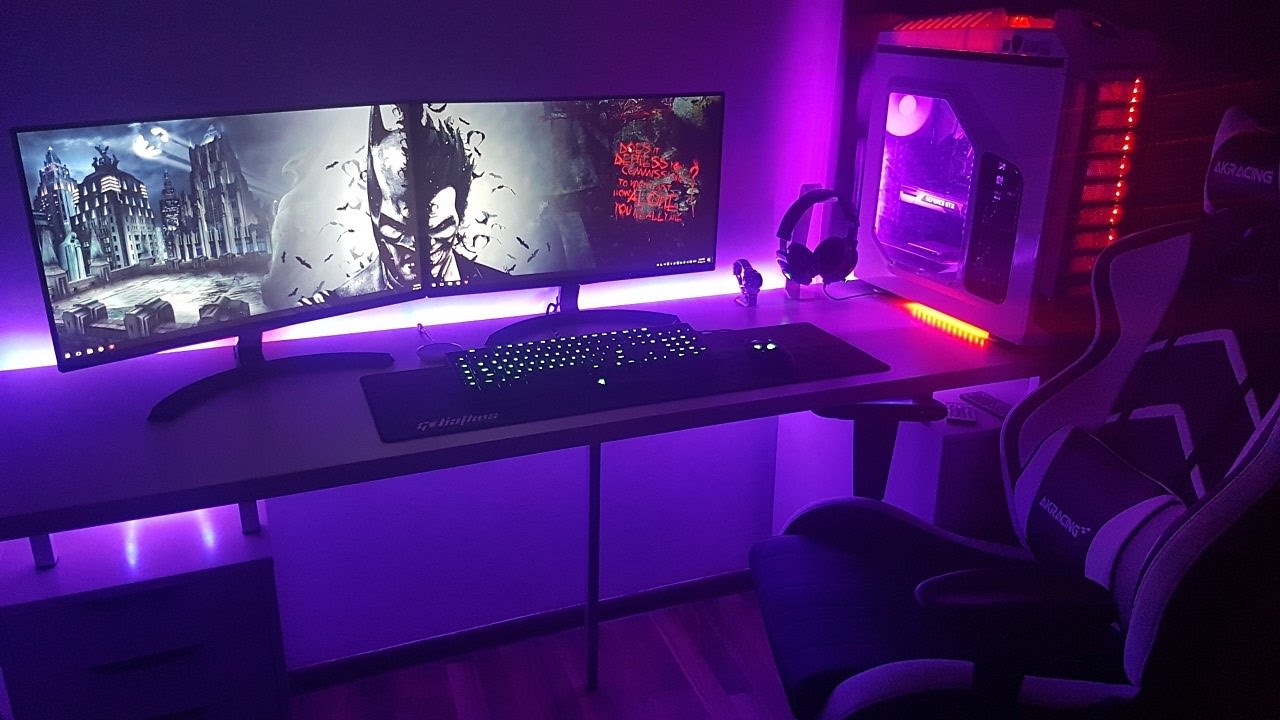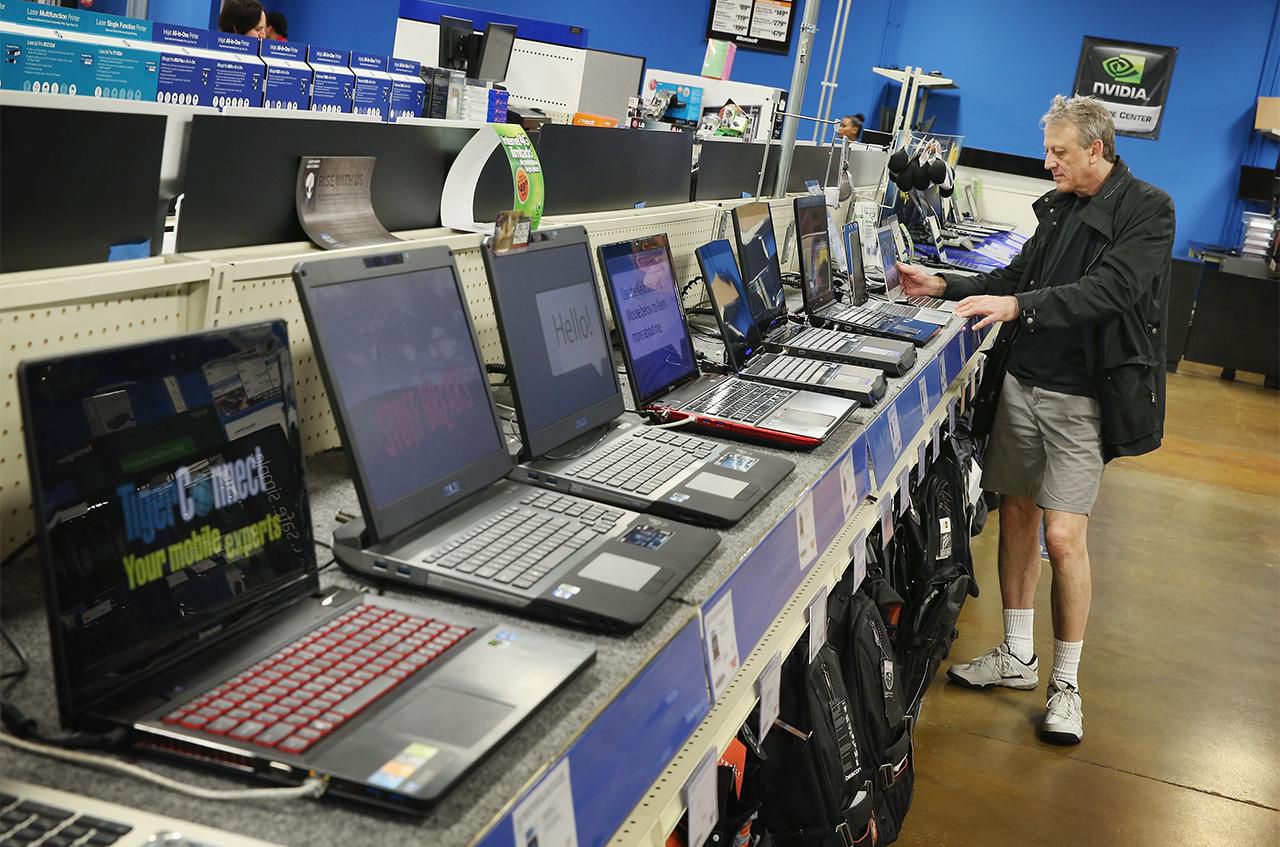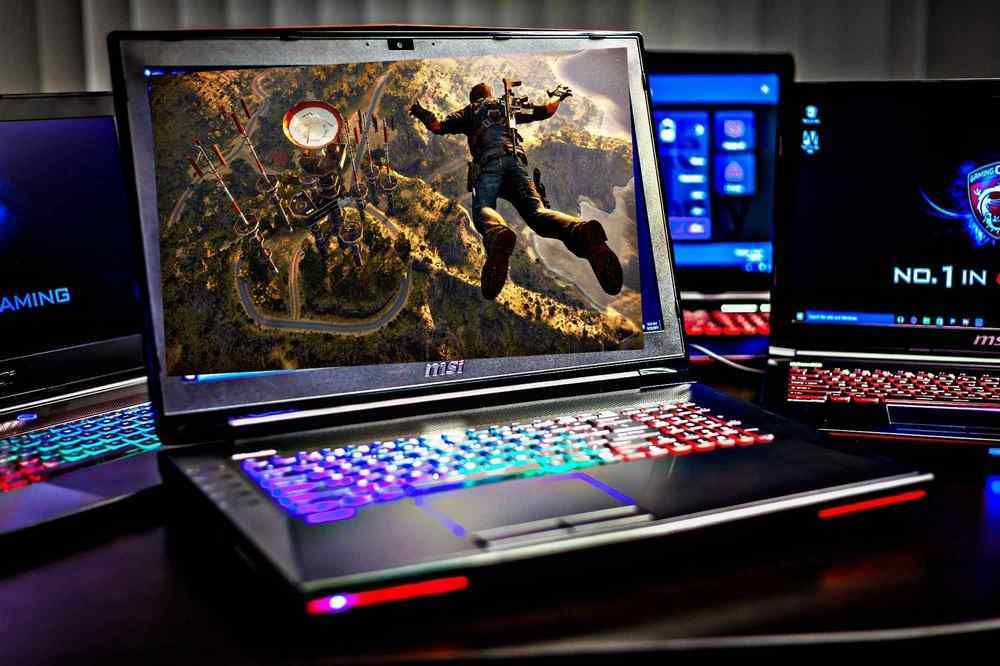
Online poker revolution allowed many smart people, to become financially independent, using only their wits and a computer with internet access. If we discount the world of finances (where the barriers of entry are high), becoming an online poker pro was one of the first democratic answers to the question:
How can I make money while sitting at my computer all day?".
Believe it or not, a decade or so ago "going infinite" with 0$ bankroll by winning a few freerolls and crushing micro stakes - while still unlikely - wasn't nearly as outrageous of an idea as it would've been today. Not everybody could do that of course, but ten years ago small and mid-stakes professionals were busy using online message boards to argue the efficacy of defending AK vs. 3bet OOP. Back then, a smart person didn't really need much to go far in the poker world. Of course, we live in a very different reality now and we could reminisce about "the good all days" for a very long time. However, even though the poker landscape has changed significantly throughout the years, one thing remains constant:
There are many articles written about poker strategy and a stable internet connection is easier than ever to come by but buying a PC is still a subject that's largely a mystery for many poker players. That's why in this article we're going to discuss the subject of buying a laptop for poker in 2018.

Why Buying a Laptop in 2018 is a Good Idea?
Have you ever heard about Moore's law? If you didn't, don't worry because it's largely obsolete now. According to Wikipedia, Moore's Law is an:
Observation that the number of transistors in a densely integrated circuit doubles about every two years".
For the uninitiated, it basically meant that computers were becoming a whole lot faster every two years or so and if you bought a decent machine ten, twenty or thirty years ago, you were basically forced to upgrade it every two to four years, if you wanted to stay on top of the heap.
Without going into boring technical details, there's only so much that engineers can do to improve the incredibly sophisticated architecture of modern computer processors and the silicon used to build sair processors is slowly becoming a limiting factor. This is a huge bummer for PC enthusiasts but a relatively good news for the average computer users because their investment can potentially last them significantly longer. It also means that if you bought your last pc in the last five (maybe even six or seven years if it was a high-end machine) and you don't feel limited by it, don't bother upgrading it.
Why would you buy a laptop instead of a desktop PC? In the past, you could've made an argument that buying a PC offered you a lot more bang for the buck but PC marker is a bit of a mess right now. The immense popularity of cryptocurrency mining affected PC component prices and availability in a major way. Prices of graphics cards skyrocketed and even if you wanted to buy one, certain models can be really hard to find. While graphics cards aren't exactly super important for a poker oriented PC build, other components were also affected and for the first time in a long while the mobile PC market seems a lot more stable than the desktop alternative.
Lastly, the desktop PC argument is largely unimportant for many poker players because they like their computers lean, mean and mobile. You can't really take your beastly 45 lbs/20 kg desktop PC setup with three monitors on a trip to Thailand (at least not in a very cheap or practical way) and while you can't do much about those three monitors, you can certainly fit your laptop in an overhead compartment of most planes.
Here's how a slick desktop setup for poker can look like:

And here's the mobile alternative:

You decide what suits you best. In case it's the former, we have a forum thread that can help you out.
What To Look For In a Laptop for Poker?
Even if you're not planning on becoming an expert when it comes to laptop specs, it pays to know at least a little bit. Mostly because many laptop manufacturers do a very poor job of naming their products (unintentionally or otherwise). You might think you're buying the exact model that you've read rave reviews about, but certain manufacturer can offer vastly different specs within the same product line (often indicated by some incomprehensible string of numbers in the product name or... nothing at all) so if you're totally clueless about what you're buying you can potentially get something worse than you wanted.
- CPU. Computer processor. The brain of the entire machine and the main source of confusion when it comes to buying a laptop. There are tons of different model numbers and I'm not even going to attempt explaining how to understand all of them. Instead, I'll give you a few simple rules. There are two major CPU manufacturers: Intel and AMD. If you don't know what you're doing feel free to ignore AMD CPUs. Not that they are necessarily bad, but they are a far smaller player and you avoid some confusion by ignoring them. When it comes to Intel, here's how you figure out if their laptop CPU is good enough for poker. If the name starts with ‘pentium’, ‘celeron’ or 'i3' ignore it unless you're on an extreme budget (you'll find some budget laptop recommendations below). 'i5' and 'i7' is what you should be aiming at. Now, there are tons of different models within the 'i5' and 'i7' product lines. Modern generations of processors have 4 digits in their model name.
The newest generation starts with '8' (example: i5-8250U, i7-8705G etc.) but those starting with '7' (or even '6' if you get a good deal) are still fine given that CPU performance gains each generation aren't as high as they used to be. You need at least 4 cores (or at the very least 2 cores and 4 threads) to comfortably deal with moderately high multitasking workload that playing poker requires, so before you buy a laptop make sure to type the CPU model name on the Intel.com website. Check for the number of cores/threads (remember you need at least 4), you can also take a look at the clock speed though it's not that important these days because even the low powered modern CPU's (models that end with 'U') have clock speeds high enough to allow for a painless poker session.

- RAM. That's easy, depending on your budget go with 8GB or preferably 16GB. 4GB might allow you to scrape by but I can't recommend it in 2018.
- Storage. The amount of disk space that you need will largely depend on your workflow. That said, giant poker tracker databases are slowly becoming a thing of the past and most poker players should be able to work with a single 128 or 256GB SSD (solid state drive) provided that they are using their laptop just for poker and surfing the web. HDD (hard disk drives, which are far slower and louder but offer a lot more disk space for less money) might be a necessary evil for some of you but you can always buy an external HDD and hook it up to your PC via USB port (not ideal but it gets the job done if your laptop model doesn't allow for additional drives inside the chassis).
- Connectivity. From a poker player's perspective, make sure that your laptop has enough USB ports for your peripherals (mouse, keyboard, aforementioned HDD etc.) though you can expand on them by buying a powered USB hub. What you can't as easily expand on are the ports for your external monitors. HDMI and Display port are current standards, but if you're using older monitors you might need some DVI ports which you can't as easily find on top of the line modern machines. Fortunately, there's such a thing as HDMI to DVI connector etc. so just make sure the number of HDMI, Display and DVI ports on the laptop is equal to the number of monitors you're planning on hooking up to it.
- Screen. If you're planning on using the built-in display a lot, you might want to invest in an IPS panel (better color reproduction and viewing angles). Consider taking a matte display option too since it's easier to work with, in different lighting conditions. The dimensions of the screen and its native resolution are also important. The more likely you're to use the inbuilt display the more interested you should be in 15'' or maybe even 17'' laptops. Otherwise, ultrabook style ~13'' displays should do the trick. As for the resolution, anything lower than Full HD (1980 x 1080 pixels) is not a good bet in 2018 but anything higher than that might be an overkill for a small laptop display.
- Design. That's up to you, and if you're going to use the laptop just for poker you can pretty much pick whatever you like best. However, if you're planning on taking that laptop to your university class or an odd business meeting, you might want to forgot the "look at me I'm a black and red gaming machine!" sort of aesthetic that's flooding the laptop market right now.
- Thermal performance. This is something that many laptops still struggle with (especially with age) and you can’t find this information on the spec sheet. Playing poker isn't exactly the most demanding thing that you can do with your laptop (unless you have some sort of an unusual workflow with Piosolver calculations constantly running in the background) but if you're planning on doing some gaming on the side, you might want to look into this issue further by searching for laptop reviews that include thermal performance measurements of the model that you're planning to buy.
- GPU. Most poker players should be fine with the graphics card that's integrated into the processor, hence you don't really need to worry about buying a laptop with a dedicated GPU. However, if you're planning on doing some gaming on your PC I'll include a few recommendations below.

Recommended Options
There are literally hundreds if not thousands of different laptop models on the market so I'm not going to overwhelm you with a litany of options (that's what late-night Amazon shopping sprees are for). You already know what to look for in a laptop so you should be fine making your own decisions. However, if you're just interested in making a 'solid choice' you could do far worse than picking one of the machines presented below:
Budget Option:
- Lenovo Ideapad 320-15 - Like every other model this comes in a variety of different spec options so here's a quick disclaimer. Make sure to pick a model with at least 4 core/thread CPU (i3-7100U being one of the most budget-friendly option that's still suitable for light poker workload).
Mid-Range Options:
- Lenovo IdeaPad 320s-13
- Dell Vostro 5370
- Acer Nitro 5 or Lenovo Legion Y520 - If you're interested in some light gaming on the side.
High-End Options:
- Dell XPS 13 or 15 - Either current or even last generation. One of the slickest machines for poker money can buy. They, of course, come in many different configurations that you can pick from using the information presented in the previous section of this article.
- HP Spectre x360
You should now be ready to make a +EV choice when it comes to buying a laptop for poker in 2018. Remember that if you need any kind of help you can always find it in our forum thread.

